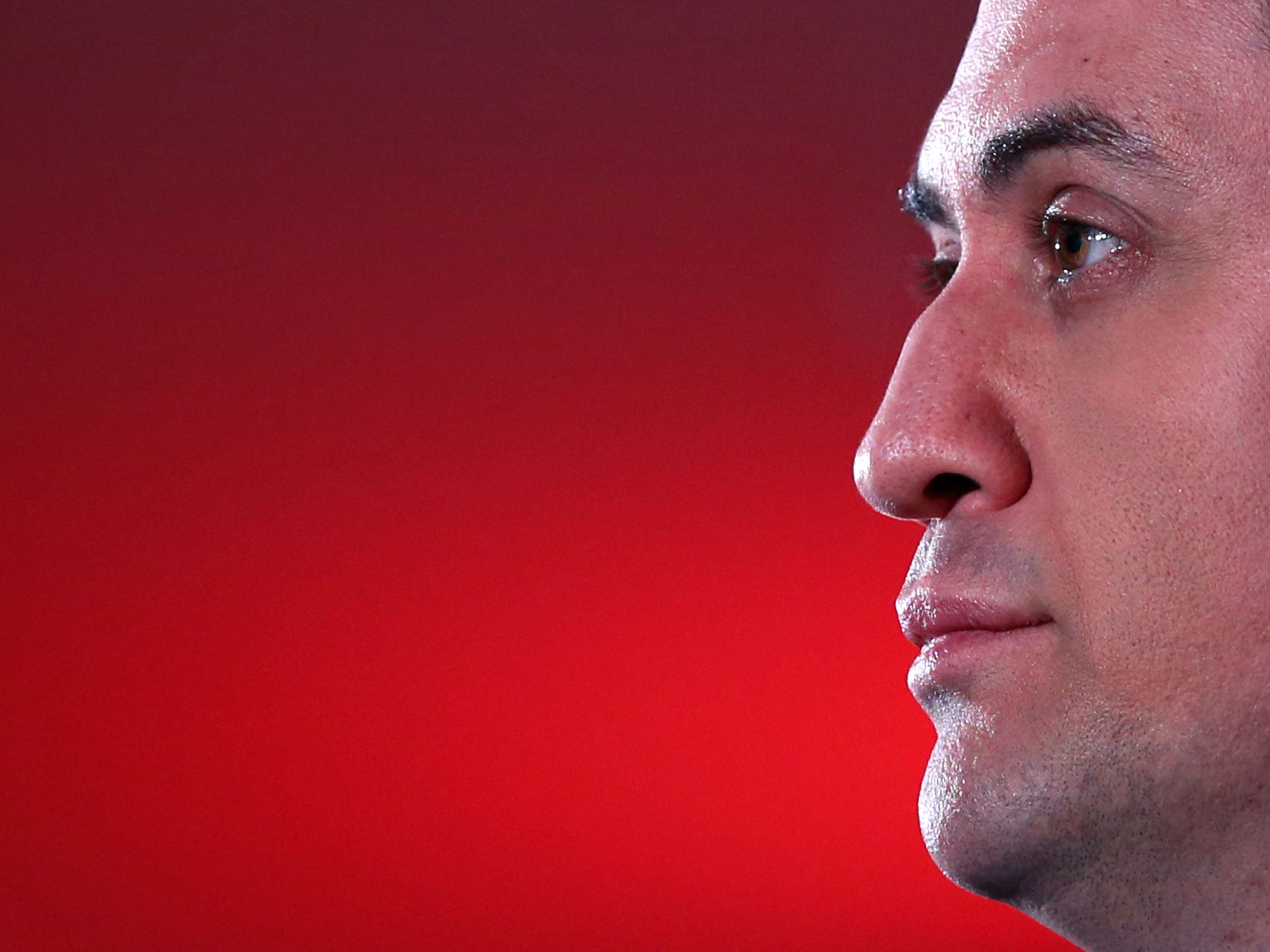Five Year Mission: The Labour Party Under Ed Miliband by Tim Bale, book review
A record of every speech, promise and gaffe that has made Labour what it is today

The last Leader of the opposition to lead their party back into government after just one term was Margaret Thatcher, 36 years ago. Since then we have got used to long periods of single-party domination – Thatcher/Major for 18 years, Blair/Brown for 13 – while opposition leaders (Foot and Kinnock, Hague, Duncan-Smith and Howard) came and went in vain. So Ed Miliband could have had no illusions about the magnitude of the task he was taking on when he elbowed his brother aside to grasp the most thankless job in British politics.
The historical precedents for Labour coming back after losing power are particularly grim. Defeat in 1951 precipitated the Bevan/Gaitskell feud, which crippled the party for a decade. In 1970 a lurch to the left began; it was contained sufficiently to allow Harold Wilson to squeeze back in 1974, but broke out again after 1979 with the Bennite/Militant takeover and the SDP defection which left the party unelectable for 15 years. What happened in 2010 might easily have been a repeat of 1951 if the simmering enmity between Blairites and Brownites had been allowed to boil over. Ed Miliband's one great achievement has been to keep Labour more or less united and in the game.
This has been managed, however, only at the cost of presenting a muffled message. In this detailed account of Miliband's five-year leadership Tim Bale, professor of politics at Queen Mary University of London, charts the strategic calculations, the compromises and the endless triangulation between boldness and caution that have resulted in the electorate still having no clear idea of what the party stands for or whom it is appealing to.
Failing either to build unapologetically on the achievements of New Labour, or alternatively to distance themselves from it and strike out boldly in a new direction, Miliband and Ed Balls have allowed the Tories to get away with blaming Labour endlessly for the 2008 crash and the consequent deficit, while constantly having to dodge the cunning traps which George Osborne keeps setting for them to fall into. Bale's month-by-month reminder of every speech, promise, gaffe, clarification and forgotten mini-crisis of the past five years graphically illustrates the depressing pettiness, obsessive poll-watching and point-scoring that is the stuff of modern politics.
Miliband is by all accounts a thoughtful politician with a serious desire to create a more equal but still prosperous society. But the difficulty of squaring that elusive circle in the face of the trivialisation, relentless misrepresentation and cruel mockery of a hostile press is formidable. His dilemma is similar to that portrayed in David Hare's play The Absence of War, about a Labour leader (based on Neil Kinnock) torn between authenticity and presentation, but now – magnified by social media – 10 times worse. Miliband, we are told, takes comfort from the example of Mrs Thatcher, who won in 1979 despite trailing Jim Callaghan in personal popularity. But she had both a clear message and the personality to project it, something which he painfully lacks.
It is paradoxical that Miliband appears so weak after grabbing the leadership by an act of fratricidal ruthlessness. It is also odd that he still contrives to seem so young and inexperienced when he is older than either Blair or Cameron when they became Prime Minister, and when he and Balls are actually the most experienced pairing of opposition leader and shadow Chancellor for decades: unlike Blair and Brown in 1997 or Cameron and Osborne in 2010 they have been in government and know what it is like in the heat of the kitchen. Their problem is that they don't like to remind the voters of their apprenticeship under Gordon Brown.
Now with the SNP, Ukip and the Greens complicating the electoral issue, the task of regaining power is harder than ever. Despite all the mockery, Miliband could still pull it off. But if he does, the problem of putting together, and then holding together, a government may be harder still.
John Campbell is the author of 'Roy Jenkins: A Well-Rounded Life' (Cape, £30)
Join our commenting forum
Join thought-provoking conversations, follow other Independent readers and see their replies
Comments
Bookmark popover
Removed from bookmarks